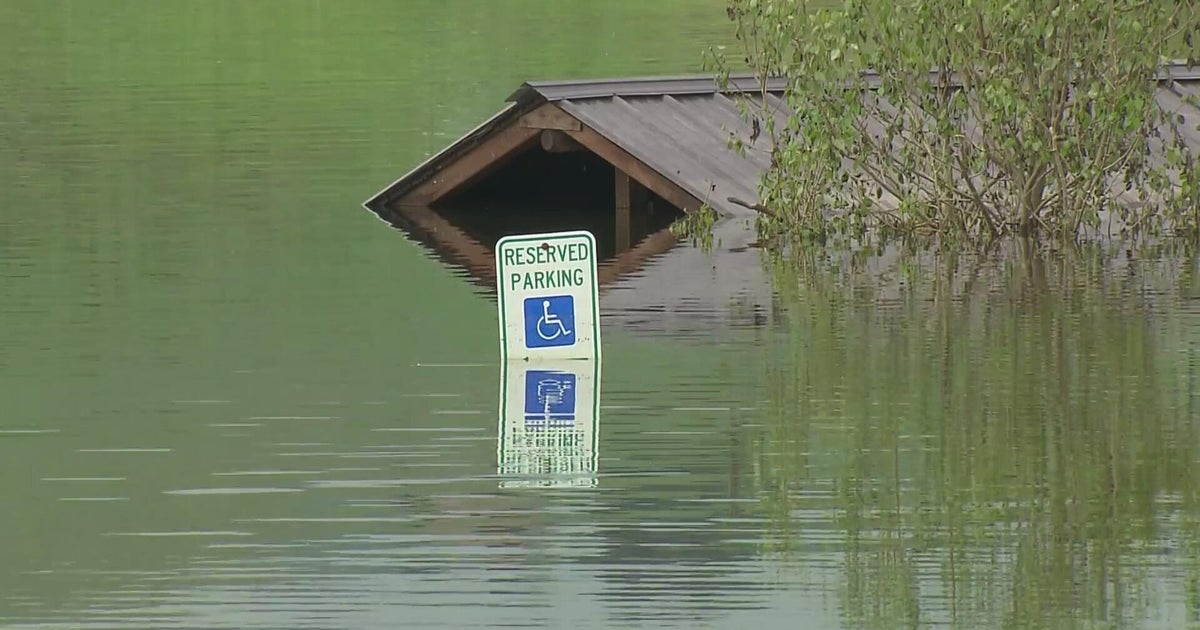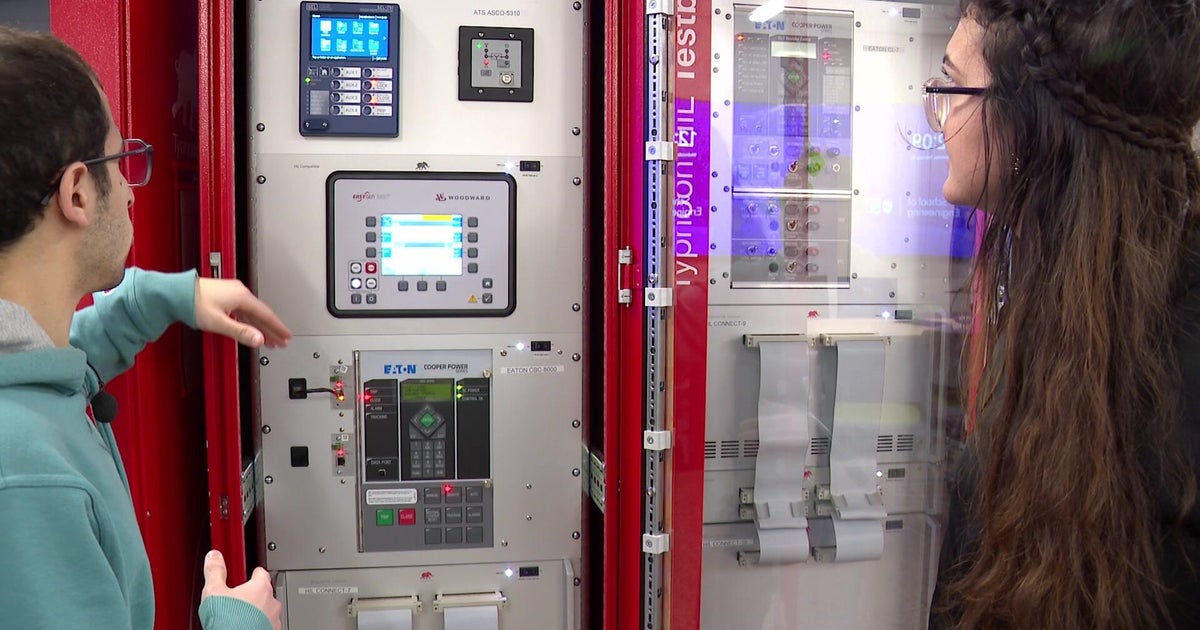St. Paul science club students discover microplastics in Beaver Lake during class project
ST. PAUL, Minn. -- A school project turned into a real-life threat. A St. Paul science club of seventh- and eighth-grade students at Achieve Language Academy tested a water sample near their school and were shocked by what they found.
Beaver Lake is located directly behind the public charter school. Emily Vondriska's Conservation Club took samples from the lake in April, after the water thawed.
They took several 100-milliliter water samples back to their classroom and separated the water from whatever solids were in it. The solids were left behind on a graph-like paper disk and placed under a microscope.
"I was the first one to look at the first disk and I thought I was hallucinating," said Vondriska.
The Conservation Club spotted microplastics on the disk.
"I counted about 100 pieces of what appeared to be plastic and fiber," said Vondriska, who feels this discovery isn't something to ignore, "I think the community needs to know this."
Vondriska worries about people swimming and fishing in Beaver Lake.
"Obviously it's already in the fish, and people we know are eating that fish from Beaver Lake," said Vondriska.
Worry aside, this project taught these kids how much they can learn right in their backyards, but it's up to them to find it and do something about it. The students displayed all their macro plastics findings around Beaver Lake by the front entrance, so all their classmates could learn about plastic pollution as well.
"You be curious. Curiosity sparks this interest, if it's something good or bad, it's going to promote awareness and it's going to educate everyone else," said Vondriska.
The Minnesota Pollution Control Agency says microplastics in lakes are not regulated, but they encourage people to reduce plastic use and properly dispose of plastics.
They say there is limited research on the health impacts of microplastics.
The MN Department of Health documents safe fish consumption guidelines, where you can look up which lakes have the highest contaminants in their fish.








